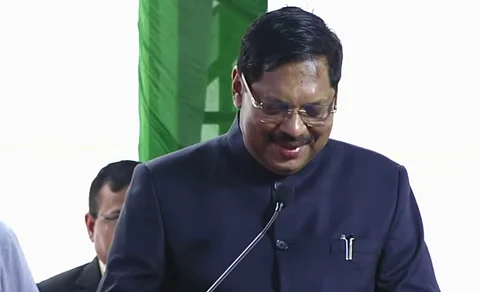The Supreme Court is not superior to the High Court and the Supreme Court Collegium cannot dictate how the High Court Collegiums are expected to choose candidates who are recommended for High Court judgeship, Chief Justice of India BR Gavai said on Friday.

